SPECIAL REPORT In July last year, ESL, among the world's largest competitive e-sports organisers, held a press conference in Kuala Lumpur to announce that they were bringing a major tournament to Genting Highlands.
Aside from officials with ESL, Genting and other video game industry figures at the event, one person stood out - Umno Youth exco member Armand Azha Abu Hanifah.
Armand Azha did not sport Umno colours or a red T-shirt, which is synonymous with the red-shirts' protest movement, in which he is one of the key leaders. Instead, he wore a black T-shirt with the words "Suara Anak Muda Malaysia" (Voice of Malaysia's Youth) or SAMM for short.
It would appear that Armand Azha is rather active in Malaysia's competitive Dota 2 scene, while being under the SAMM banner. He was attributed as a key organiser of the Malaysia Cyber Game (MCG) tournament in 2015, one which even attracted top international teams such as Team Secret.
Armand Azha may be known as a Umno firebrand, but when it comes to the e-sports scene, he appears to be a mild-mannered fellow trying to promote the industry.
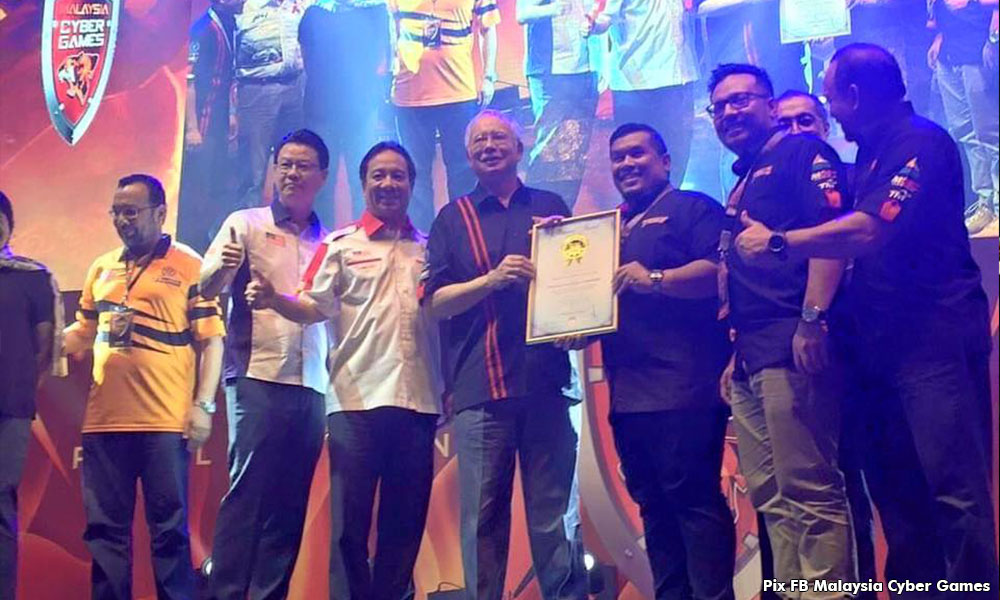 The main motivation behind MCG was that it was a government-backed event, in which the winners of the Dota 2 would be recognised as national representatives in tournaments abroad.
The main motivation behind MCG was that it was a government-backed event, in which the winners of the Dota 2 would be recognised as national representatives in tournaments abroad.
Primary organisers were SAMM and Tune Advertising Sdn Bhd, supported by the Communications and Multimedia Ministry, Youth and Sports Ministry, Multimedia Development Corporation Sdn Bhd (MDeC), Malaysian Communications and Multimedia Commission, Telekom Malaysia and Astro.
Short-lived team
As the MCG dust settled, the winners of the Dota 2 tournament were absorbed into Team Taring - Malaysia's first Putrajaya-endorsed e-sports team.
But things did not go well for Team Taring. Within months, it was on the brink of disbanding.
Following this, Orange Cyber Cafe, a veteran supporter of Malaysian e-sports and one of Malaysia's largest Internet cafe chains, came to Team Taring's rescue in April last year, by offering co-sponsorship and team management.
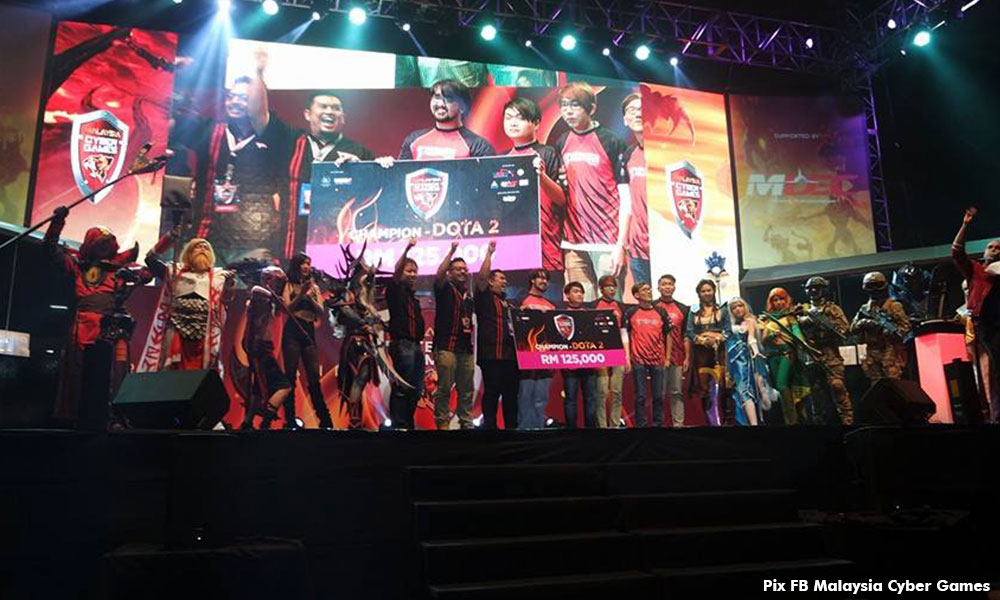 Under the new arrangement, Team Taring would receive RM100,000 from MCG and RM75,000 from Orange. The five-month contract lasted until Aug 31, 2016, with the aim of qualifying for The International 2016 - the world's premier e-sports tournament.
Under the new arrangement, Team Taring would receive RM100,000 from MCG and RM75,000 from Orange. The five-month contract lasted until Aug 31, 2016, with the aim of qualifying for The International 2016 - the world's premier e-sports tournament.
Although monetary and management issues were resolved, Team Taring failed to qualify for The International 2016. The team eventually disbanded. Players sought new teams and Malaysia's first "national" e-sports team was no more.
Mystery financial backers
The persons in charge of MCG were Armand Azha and the CEO of Tune Advertising Sdn Bhd, Hafiz Roslan.
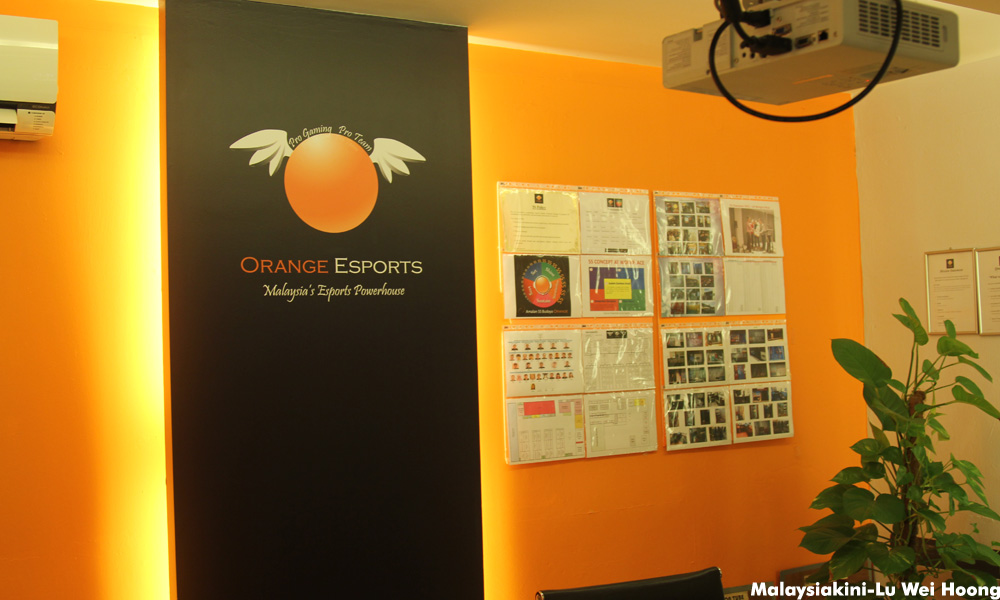 During the five-month cooperation between Orange and Team Taring, Armand Azha, a newcomer in e-sports, relied fully on Orange and other experts to manage the team. Previously, Orange had sponsored a Dota 2 team, which took the third place in The International 2013.
During the five-month cooperation between Orange and Team Taring, Armand Azha, a newcomer in e-sports, relied fully on Orange and other experts to manage the team. Previously, Orange had sponsored a Dota 2 team, which took the third place in The International 2013.
How MCG managed to fund Team Taring is not publicly known. The Youth and Sports Ministry clarified that it had nothing to do with it.
In a parliamentary written reply to Rasah MP Teo Kok Seong, the ministry said e-sports was recognised under the Sports Development Act 1997 in order to help e-sports grow.
"On the question of who financed (the team) or why Armand Azha was selected to manage Team Taring, this is not the responsibility of the ministry.
"Since the formation of Team Taring, the ministry did not allocate any special grant for them," reads the written reply dated Nov 1, 2016.
When contacted, Armand Azha told Malaysiakini that Team Taring was not sponsored with public funds, but he refused to confirm nor deny whether the team had received money from Umno.
"We received sponsorship from the corporate sector. This makes up most of our income."
He also revealed that the second instalment of MCG was underway, although, at the time of writing, nothing had been set in stone yet.
PM's ex-aide in the mix
Armand Azha would not be the first or last politician penetrating e-sports.
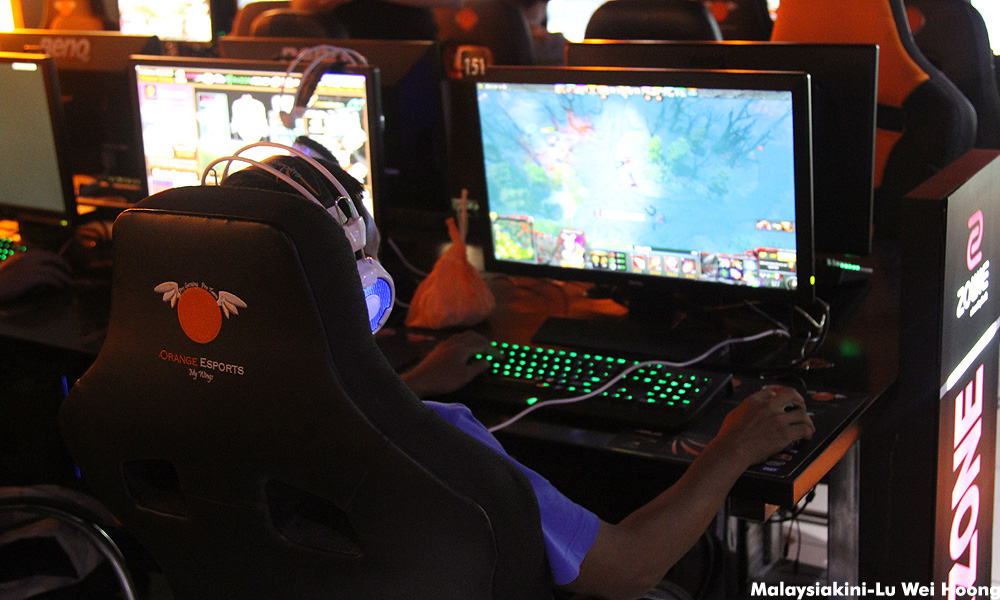 It is a little known fact that Malaysia has been producing world class cyber athletes over the past decade. Some of them are now millionaires or have been recruited by clubs in Singapore, China and even in Europe.
It is a little known fact that Malaysia has been producing world class cyber athletes over the past decade. Some of them are now millionaires or have been recruited by clubs in Singapore, China and even in Europe.
In the competitive e-sports world, Malaysians have had most success with a game called Dota 2. Naturally, the game has a tremendous following among young Malaysian males.
This has been recognised by politicians, prompting federal and Selangor government participation in these tournaments.
In 2015, the Electronic Sports Malaysia Association (ESM) was formed to promote and regulate the e-sports industry. Unsurprisingly, there was political involvement in that too.
ESM is also a registered body under the Malaysian Sports Commissioner, a move intended to lend it legitimacy.
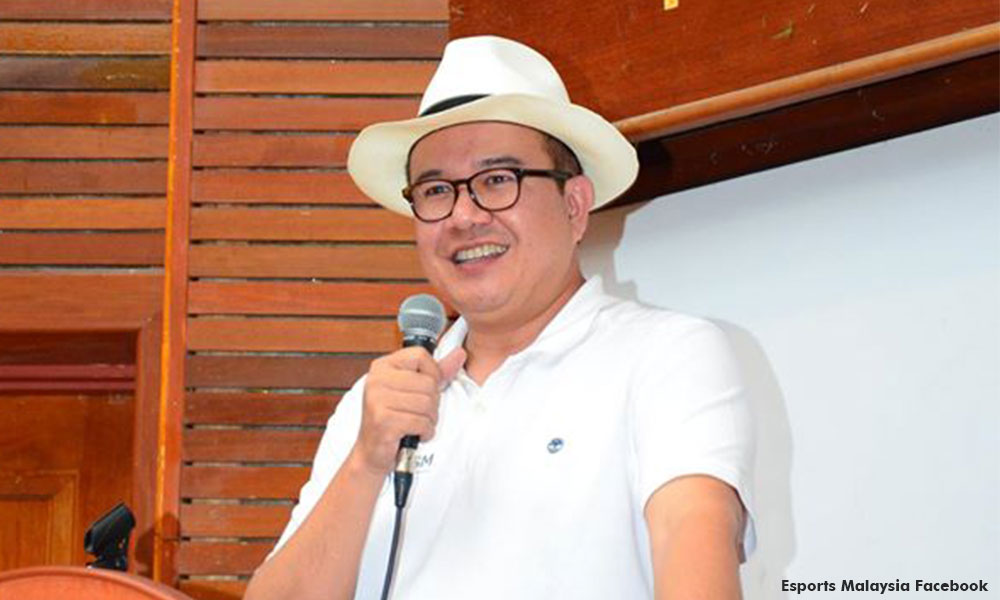 Its founder and present leader is Latt Shariman Abdullah (photo), a former leader of the Kuala Kedah Umno division and who was once a special functions officer for Prime Minister Najib Abdul Razak.
Its founder and present leader is Latt Shariman Abdullah (photo), a former leader of the Kuala Kedah Umno division and who was once a special functions officer for Prime Minister Najib Abdul Razak.
The vice-chief of ESM is Kota Tinggi MP Noor Ehsanuddin Mohd Harun Narrashid, who is also an Umno member.
Despite Latt Shariman helming the association, it is ESM secretary-general Rinie Ramli who runs the organisation. The 28-year-old is a professional gamer, specialising in EA Sports Fifa and has no political involvement.
Good for politicians to step in
Rinie believes that political involvement in e-sports is good for its development.
"At least the government is involved. We met Latt Shariman and he shared the vision of how to move as organised sport."
Rinie said Latt Shariman has been useful to ESM and e-sports as he opens doors to potential supporters in the form of politicians and the private sector.
"Previously, any door for Malaysian e-sports was closed. Nobody cared. The door is now open, after Latt Shariman's involvement. We get to know ministers themselves.
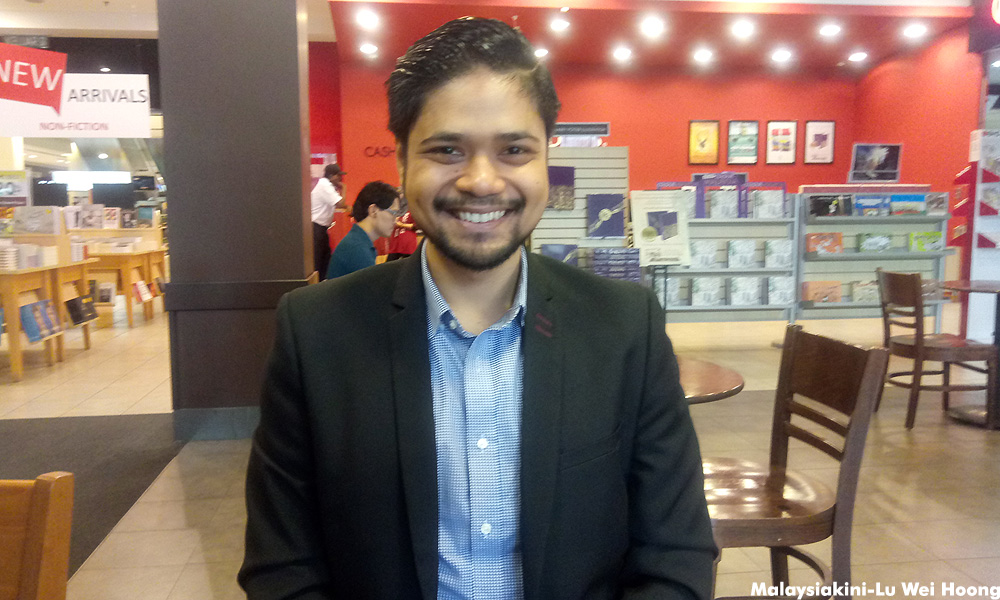 "Immediately, those from the private sector joined in... There is no politicising (of e-sports),” Rinie (photo) told Malaysiakini.
"Immediately, those from the private sector joined in... There is no politicising (of e-sports),” Rinie (photo) told Malaysiakini.
One of ESM's founding goals was to regulate the industry and help it grow. But since its inception, there have been two major e-sports events in Malaysia where winners were not paid their promised prize monies.
The two tournaments are the Major All Stars tournament held at Shah Alam in March 2015 and the Asean Games of Esports (AGES), which took place in Kuala Lumpur in May last year.
Organisers of both these events have yet to pay most, if not all, the prize monies, owed amounting to approximately RM1.4 million.
As there were foreign teams in both tournaments, the reputation of Malaysian-organised tournaments have taken a hit among global e-sports fans.
No regulation
Incidentally, ESM has attracted a barrage of criticism for failing its self-proclaimed role as a regulator and an endorser of AGES 2016.
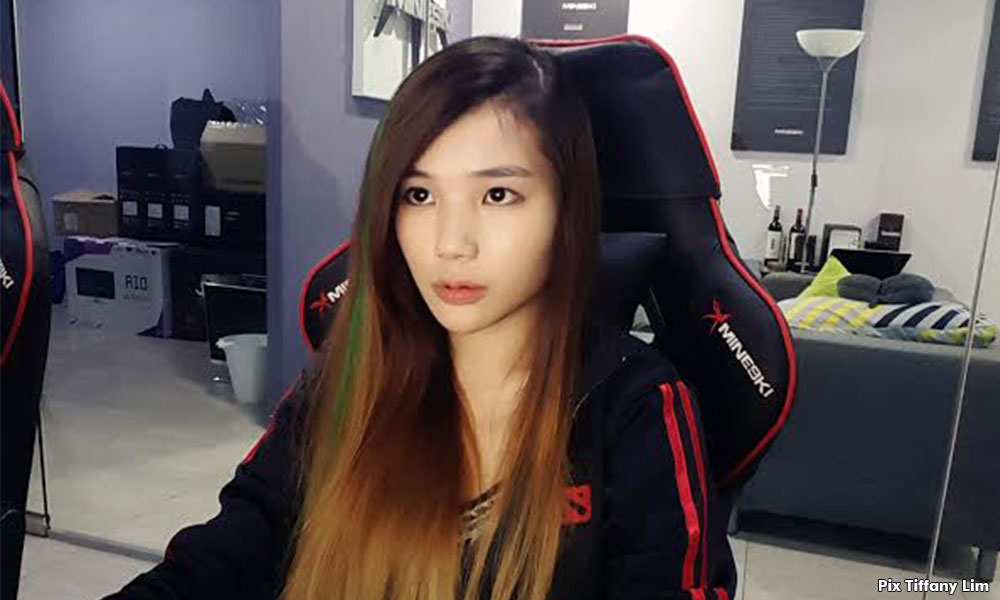 Local e-sports personalities Tiffani Lim (photo) and Muhammad Farouq Abdul Patah have been among the most vocal critics of ESM on this issue.
Local e-sports personalities Tiffani Lim (photo) and Muhammad Farouq Abdul Patah have been among the most vocal critics of ESM on this issue.
Muhammad Farouq said that although AGES 2016 was organised by someone else, ESM could not shirk the responsibilities that it had taken on.
"It's not ESM's fault for the undistributed money, but it's ESM fault for not taking action against AGES. ESM did not do its job as the 'regulator' of Malaysian e-sports," said Muhammad Faqouq, a play-by-play e-sports commentator better known as ‘Flava’.
Agreeing with Muhammad Farouq, Lim said ESM has the duty to assist the victims.
However, she pointed out that it was normal for obscure tournament organisers to not pay out and that there is no relevant authority to complain this problem to.
"There are many minor competitions by new organisers who are trying to make a name for themselves (through e-sports), but end up not paying.
"We don't have a mechanism to regulate this grey area. There is nothing to protect the interests of players," said Lim, a professional Dota 2 player who is better known as ‘Babyoling’.
According to her, ESM did not fulfil its obligations to the e-sports community and one it should have taken was to establish a tribunal to resolve disputes.
"The basic requirement of a tribunal is to include the widely recognised representatives. This includes gamers, clubs, casters, hosts, the media and the organisers."
Should politicians wish to participate in e-sports, they should not be made the main decision makers, for the industry would be best managed by the industry players themselves, Lim added.
Yesterday: Malaysians in e-sports - gold, glory and great adversity

